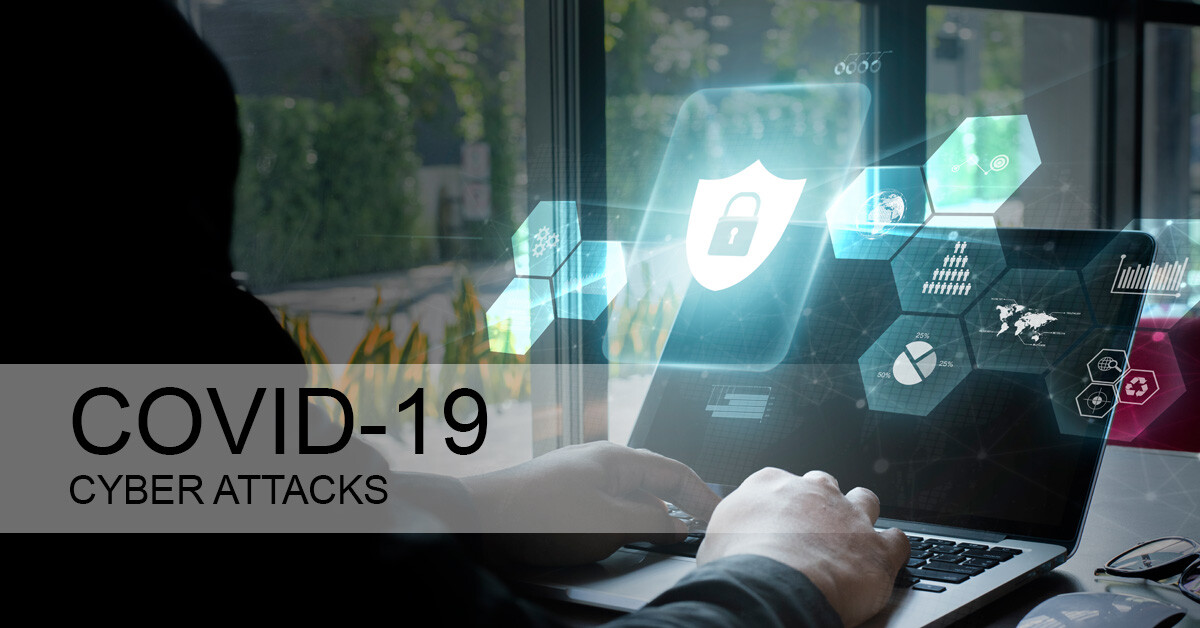Industries We Serve
World Class IT Support & Service
Real People. Right Now.
About Locknet® IT Services
From the first hello, the Locknet® team is dedicated to serving you and your needs.
Real People. Right Now.
From the first hello, the Locknet® team is dedicated to serving you and your needs.


With all the challenges we are facing related to the global pandemic, there's one more to add to our list: cyber attacks on businesses are increasing. It seems cybercriminals are taking advantage of this opportunity to exploit vulnerabilities with hacks and phishing attacks. And while it's not uncommon for cybercriminals to leverage the news to do their evil deeds, as the business world changes its operational model to adjust to the new landscape, cybercriminals are sometimes finding easy prey.
So, how bad is this problem? How can you protect yourself from cybercrime in the age of coronavirus? And how can you shore up preparation for your business? Let's take a closer look.
A recent survey shows that as businesses are adjusting to working from home, IT security teams are also pivoting to this new normal of securing remote worker connectivity. The threat is real. Of those surveyed, 71% of security pros said they've seen an increase in threats and cyber attacks since the coronavirus outbreak took hold. Here's what those attacks look like, according to the study.
Just as importantly, the vast majority of those surveyed said as security professionals, 95% were facing additional challenges due to the pandemic and response. Securing remote access for a virtual workforce was the top challenge, with 56% citing this as an issue.
For the experts at Locknet® Managed IT, the report contains few surprises. Historically, cybercriminals are known to capitalize on trends, so the fact that they are out in force during the confusion, change, and fear of the coronavirus crisis is expected. The key is to protect yourself and your business.
Protecting your business from cybercrime is always important. It requires a combination of training staff, educating yourself, and working with IT professionals to ensure your remote workforce can continue operations within a secure environment. Here are our top three tips for securing the best protection against external threats.
As cyber-attacks on businesses increase during this global pandemic, it's essential for all businesses to be aware of the risks to their data. By following these tips, you may be able to head off an attack on your network. Knowing how to protect yourself from cybercrime is vital to your company's ability to weather this storm, and any ahead. If you are in need of an IT partner to help you through it, we're here for you. Contact Locknet® Managed IT to discuss the many options for securing your remote workforce.
Cybersecurity

Onalaska, WI Waterloo, IA Wausau, WI Eau Claire, WI Burnsville, MN
You are now leaving locknetmanagedit.com. Please check the privacy policy of the site you are visiting.